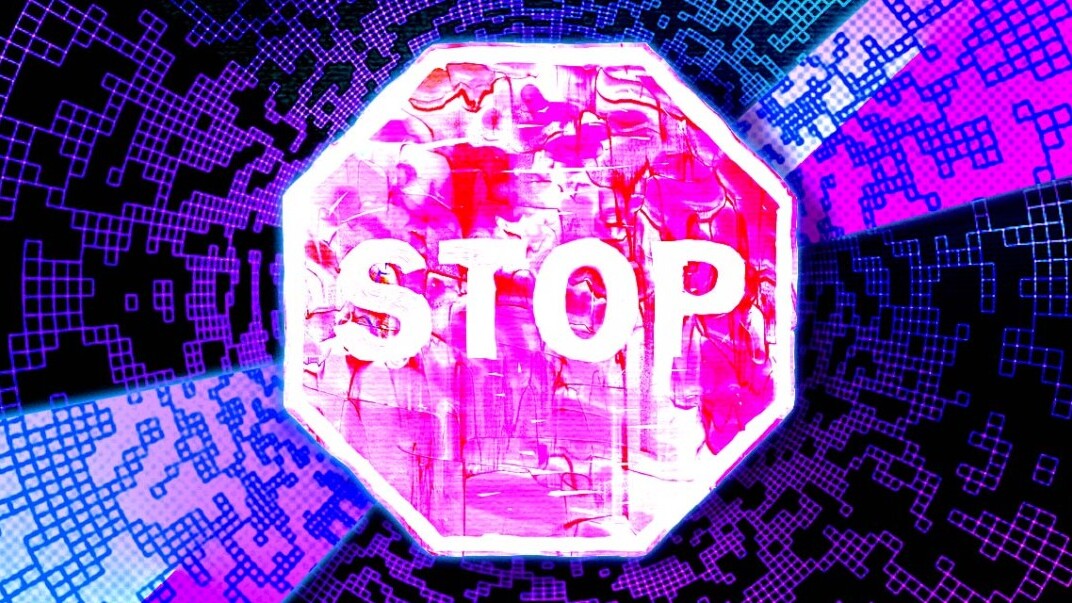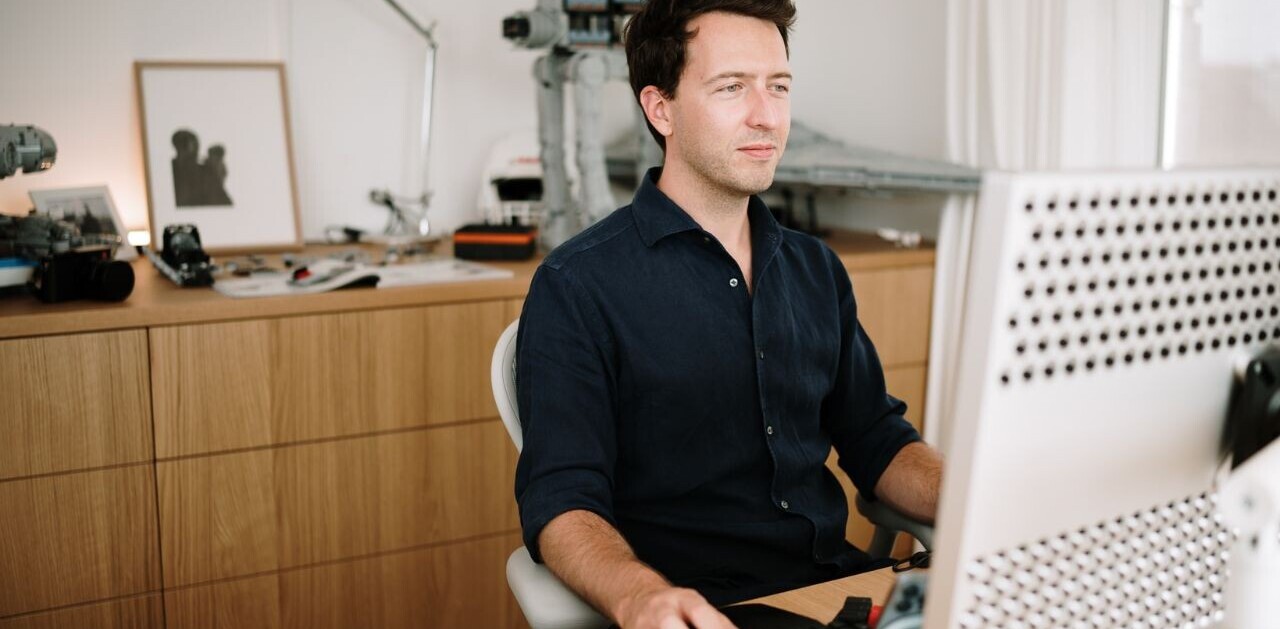
When’s the last time you thought about your hammer? Probably the last time you used it.
Physical tools don’t ask for your time — they just do their job. Software, on the other hand, is also a tool, but lately, apps are demanding more and more of humans. Workplace software is just as addictive as consumer software, all in the name of “driving engagement.”
But who is this engagement really for? For most users, it only leads to irrelevant, or worse, distracting work. The constant red dot, the buzzing notification on your phone, and the chime of one more alert calls us to work that may or may not matter.
It’s overwhelming and pointless — so let’s stop doing it.
Don’t let software get in your users’ way
Imagine, if you will, a world in which hammers were optimized for engagement. They could maybe make a sound every day, just to remind you that you have a hammer.
They could have Wi-Fi, with push notifications, letting you know how many nails you drove in one year ago today. Maybe there’s the occasional note about new hammers you could purchase.
It’s a silly idea for a hammer. In a few years, people will also realize it was a silly idea for work software — so you better adapt.
People, and businesses especially, will increasingly look for software that’s less like a social network and more like a hammer. The future of software will be focused on enabling workers, not driving engagement. It’s about putting humans back in the driver’s seat.
People want software that allows them to have leverage over the work they do. To truly be able to do more things, with less. That means creating software people can use to do a job, then stop thinking about.
My co-founders and I founded Zapier on these principles — and I feel all software creators should do the same. We shouldn’t demand people’s time. Instead, we should give users the freedom and flexibility to do whatever they think is most important, while helping them automate the rest.
Let your apps work for you
The best employee is one you can trust to do their job without a lot of oversight. People who save you time, rather than take it up. Software should work the same way. People should be able to hire software to do a job, then trust it to get that job done without a lot of effort on their part.
Automation software is a great example of this. Creating automated workflows takes some time upfront, but after that, it works in the background. It saves users time every month, whether they log in to the website or not.
This is the future of software: apps doing more for us instead of demanding more from us. So if you want to succeed, apply this to the products you make, and help empower the next generation of creators.
This article by Wade Foster is based on a previous piece, originally published on the Zapier blog. You can read the original article here.
Get the TNW newsletter
Get the most important tech news in your inbox each week.





